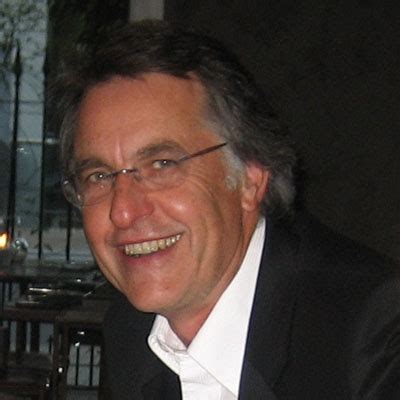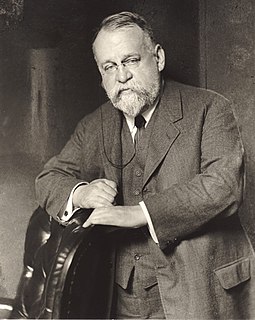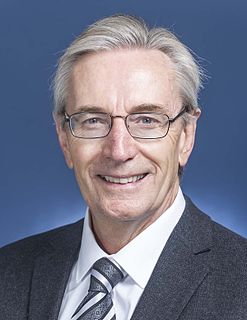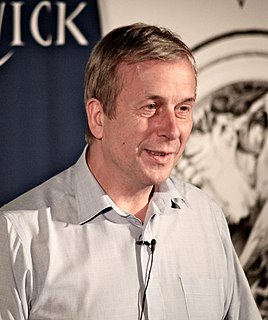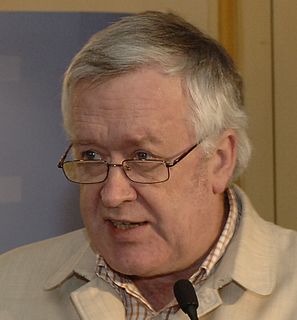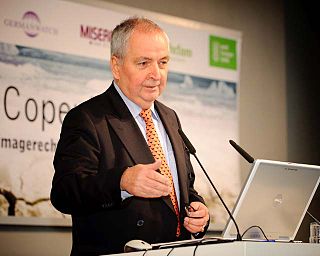A Quote by Dale Jamieson
Climate scientists think of nothing but climate and then express their concerns in terms of constructs such as global mean surface temperature. But we live in a world in which all sorts of change is happening all the time, and the only way to understand what climate change will bring is to tell stories about how it manifests in people's lives.
Related Quotes
Despite the international scientific community's consensus on climate change, a small number of critics continue to deny that climate change exists or that humans are causing it. Widely known as climate change "skeptics" or "deniers," these individuals are generally not climate scientists and do not debate the science with the climate scientists.
Many scales of climate change are in fact natural, from the slow tectonic scale, to the fast changes embedded within glacial and interglacial times, to the even more dramatic changes that characterize a switch from glacial to interglacial. So why worry about global warming, which is just one more scale of climate change? The problem is that global warming is essentially off the scale of normal in two ways: the rate at which this climate change is taking place, and how different the "new" climate is compared to what came before.
I think climate change is probably the most extreme, and it's been going on for years because it's very difficult to talk about a planetary issue like climate change and to get people who live within four-year electoral cycles to actually pay attention to something that you predict is happening way in the future.
... as we are being blunt, the fact is that Tony [Abbott] and the people who put him in his job do not want to do anything about climate change. They do not believe in human caused global warming. As Tony observed on one occasion "climate change is crap" or if you consider his mentor, Senator Minchin, the world is not warming, its cooling and the climate change issue is part of a vast left wing conspiracy to deindustrialise the world.
I’ve often said that global climate change is an issue where no one has the luxury of being “half-pregnant.” You either are or you aren’t. And so it is with climate change. You either understand and accept the science – or you don’t. Folks this isn’t a cafeteria where you can pick and choose and accept the science that tells us what is happening, but then reject the science that warns us what will happen.
I think about issues like climate change, and how six of the 10 worst impacted nations by climate change are actually on the continent of Africa. People are reeling from all sorts of unnatural disasters, displacing them from their ancestral homes and leaving them without a chance at making a decent living.
We can no longer completely avoid anthropogenic climate change. At best, limiting the temperature rise to two degrees is just about possible, according to optimistic estimates. That's why we should spend more time talking about adjusting to the inevitable and not about reducing CO2 emissions. We have to take away people's fear of climate change.
The IPCC (Intergovernmental Panel on Climate Change, a group of more than 2,500 scientists) has provided the world community with first class assessments of the soaring temperatures the world is facing, the devastating impacts of these rises and the ways in which we can try and avoid the worst effects of global warming. We now know climate change is real and the hand of humankind in this warming is becoming clearer and clearer.



